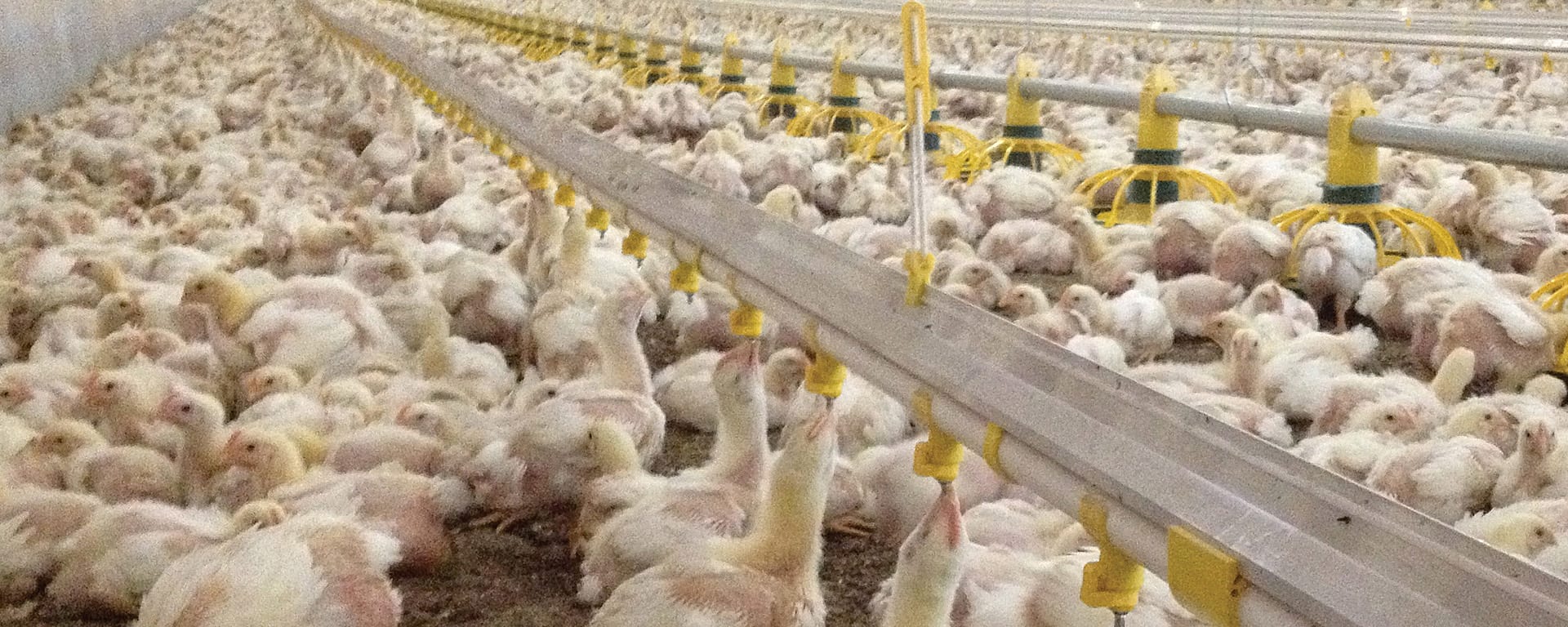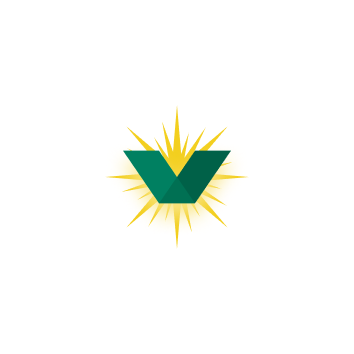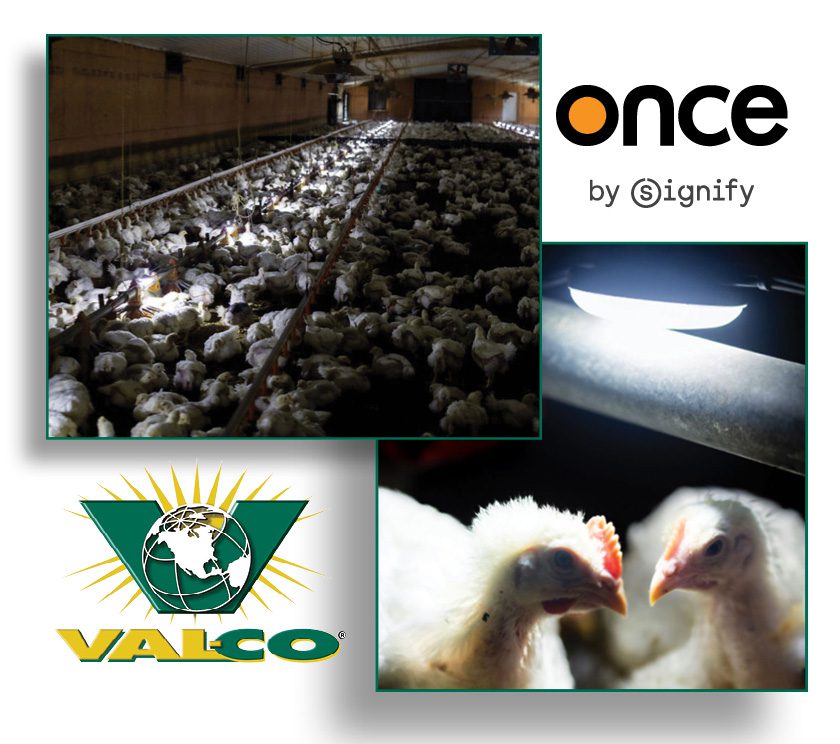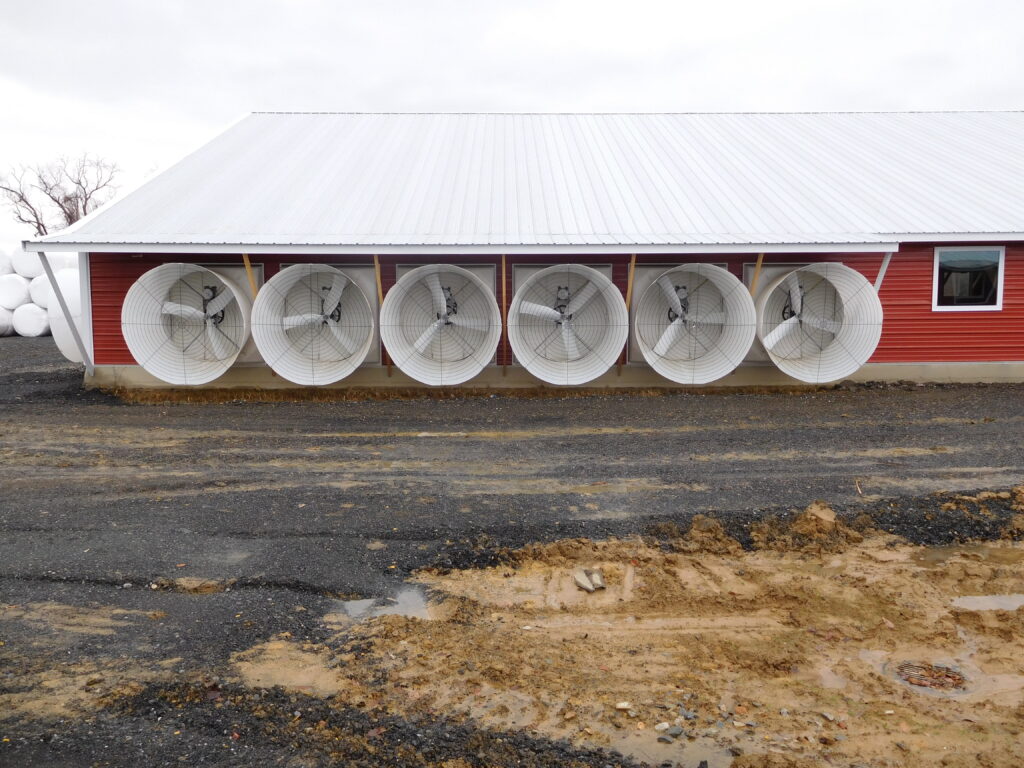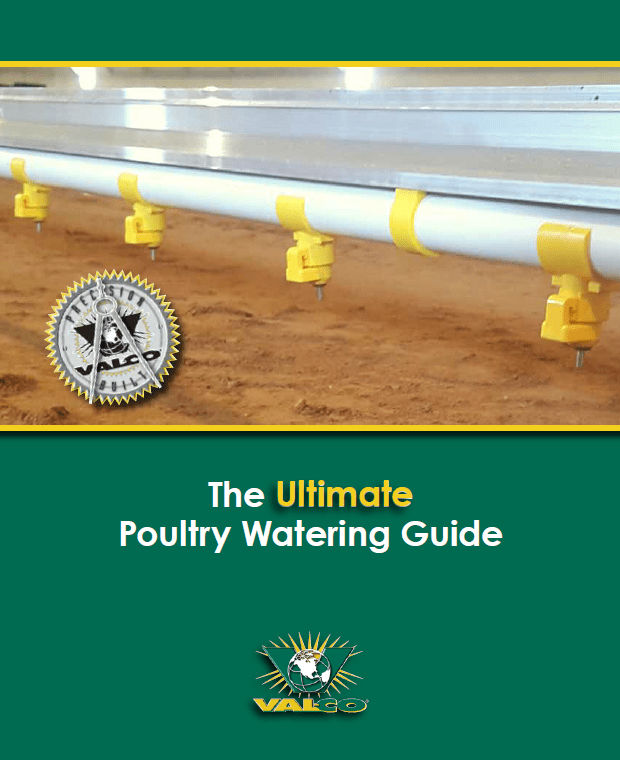Why is water so important?
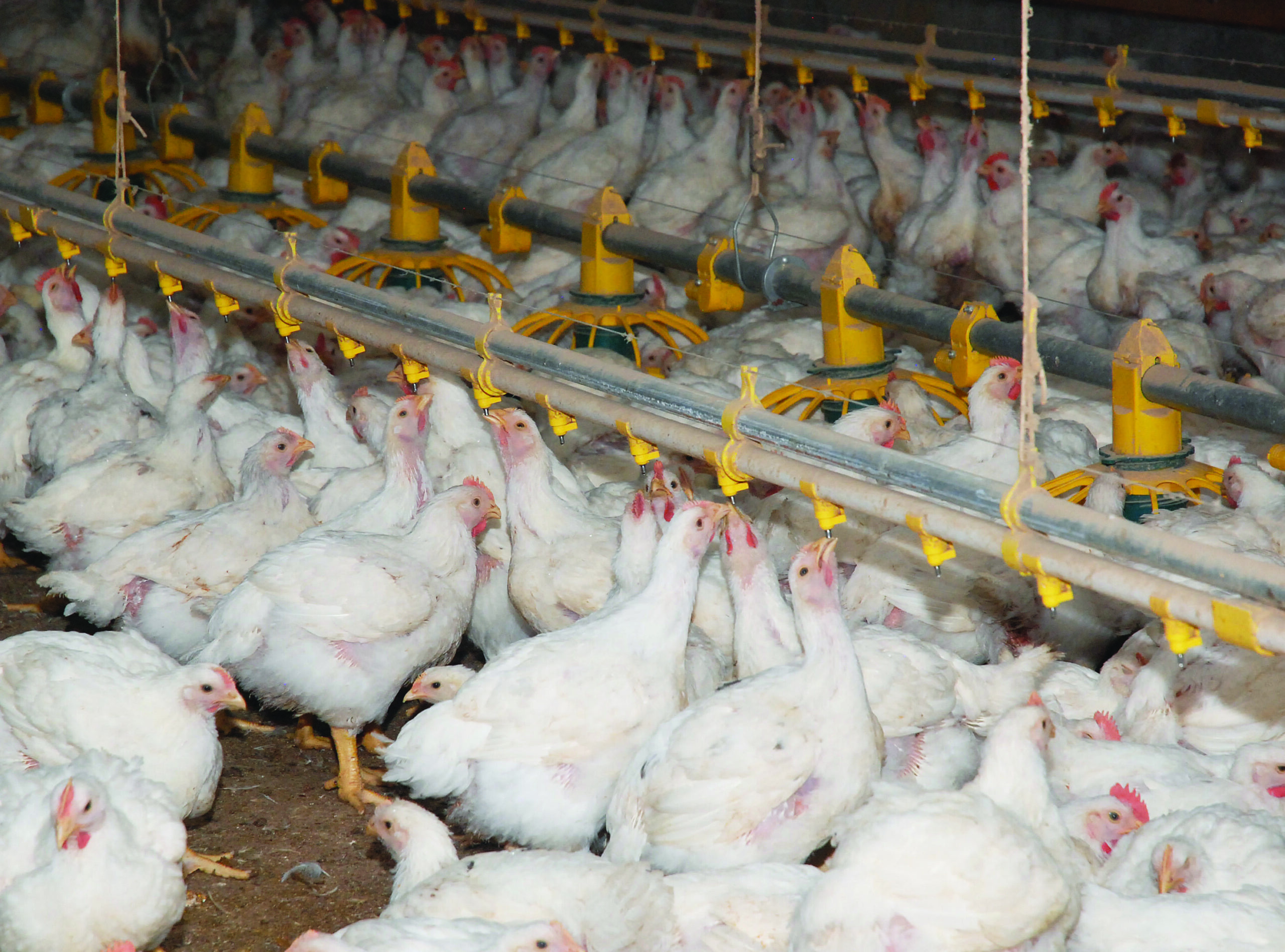
Water is an essential nutrient, and it plays an important role in all bodily functions including digesting nutrients, metabolism, and transporting nutrients through the bloodstream. It aids in digesting of feed and flushing fecal and uric acid waste products. Also, water plays a key role in regulating body temperature.
By watching your chickens, you can clearly see the importance of water, especially after feeding time, when birds will move to the drinker lines to drink. Therefore, it is important that birds have adequate drinker space, and the correct flow rates for each age. If there is inadequate access to water, you will see poor growth rates and poor uniformity. One way to see if birds have consumed enough water is to feel the crops of birds one hour after feeding to ensure they are soft and pliable.
Drinking water accounts for 75% of the daily water requirement for birds, bound water in the feed accounts for 7.5 – 10% , and metabolic water created by the body during oxidation of nutrients accounts for 15 – 25% of the bird’s requirement.
To remain healthy poultry flocks require water of adequate quality and quantity. It is important that drinking water be clear, tasteless, odorless, and colorless. The presence of particles of clay, silt or organic material can make water cloudy and can interfere with the proper operation of the watering equipment. Water that is red-brown may contain excess iron. A blue tint to the water can be an indication of excess copper. A rotten egg smell may indicate hydrogen sulfide in the water. Water is normally tested for total bacteria level as well as coliform bacteria level. If water has a high bacterial count, the best option is to eliminate the source of contamination or use an alternative water source. Thriving bacteria develop biofilms that are difficult to remove. Biofilm can spread disease and increase the risk of antimicrobial resistance.
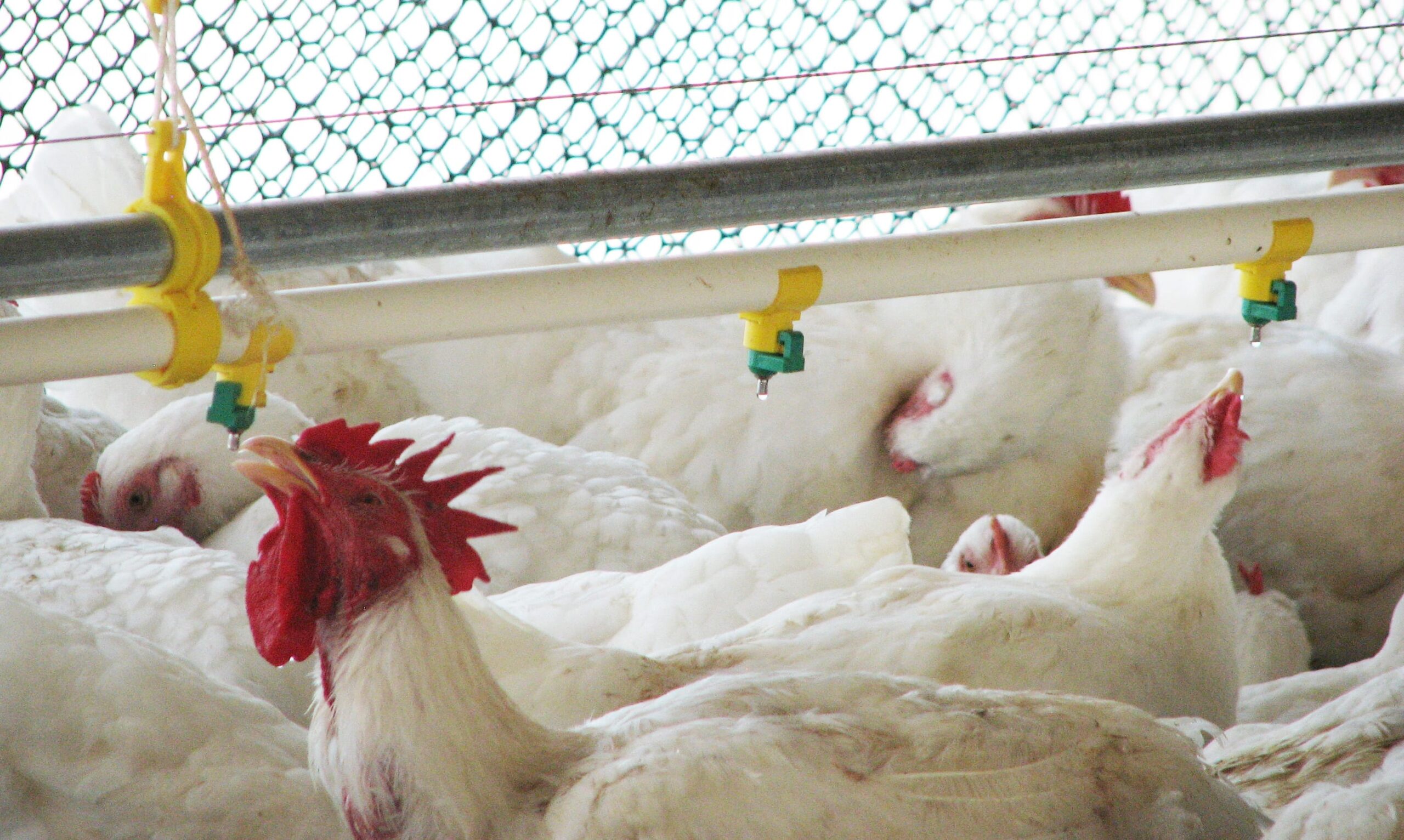
Chickens prefer water with a pH of 6.0 to 6.8 but can tolerate a pH range of 4 to 8. A pH of less than 6 has been shown to negatively affect chicken performance, and water with a pH of over 8 may cause chickens to reduce their water consumption, leading to a negative effect on feed consumption and bird performance. Poor quality water can interfere with digestion and overall performance, but also may possibly hinder the effectiveness of vaccines and medications delivered through waterlines. Poor quality water can also result in leaky drinkers, which can cause wet litter and increases ammonia production.
Other factors that may affect water consumption include bird age, environmental temperature, and lighting programs. As birds age they consume more water, but overall consumption relative to bodyweight decreases. If the environmental temperature is high, birds will consume more water, up to double or even triple the amount when head stress occurs. Water temperature can improve the performance of broilers and layers if below body temperature of the bird.
Lighting programs also impact water consumption as houses with a lighting program see peak water consumption just after the lights come on and again to prior to the lights going out. This places a heavy demand on water pressure and can mean some birds are unable to gain access to a sufficient supply of water. On farms with multiple sheds, staggering the time when lights are on can reduce the sudden demand from the whole flock.
